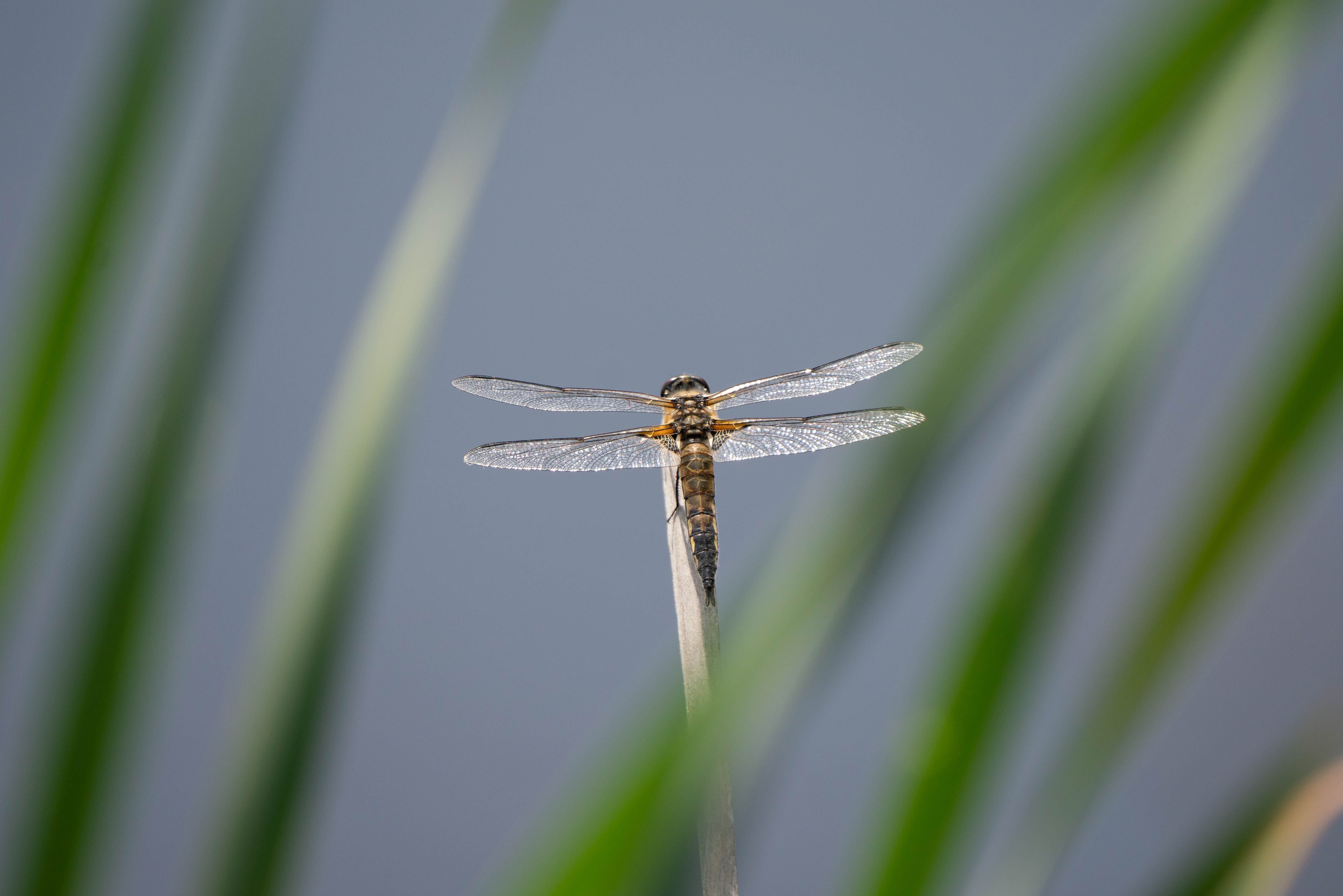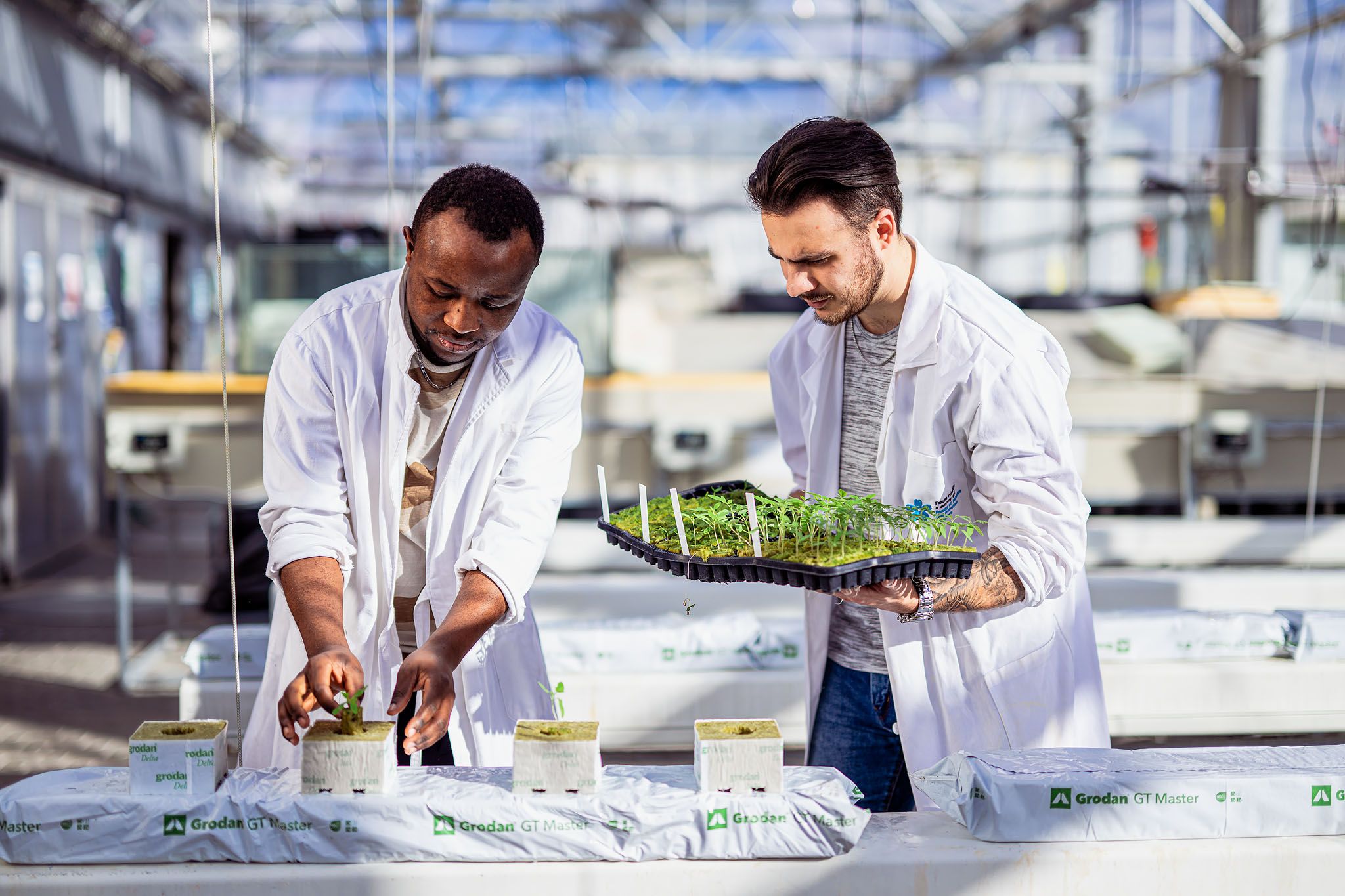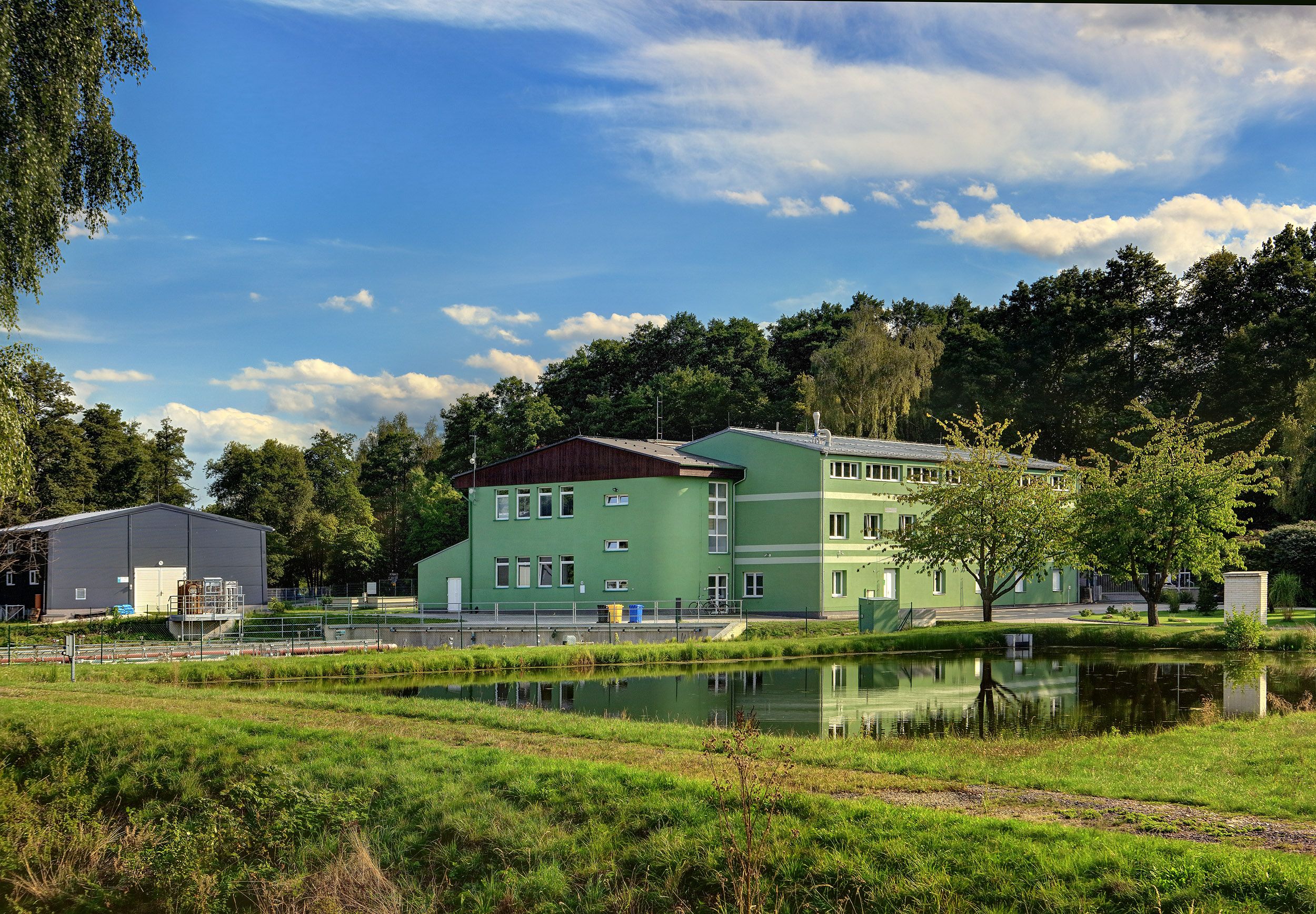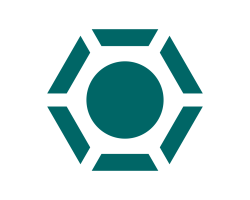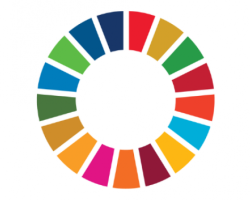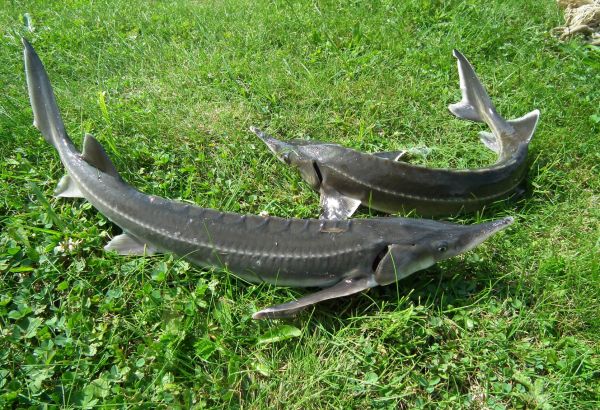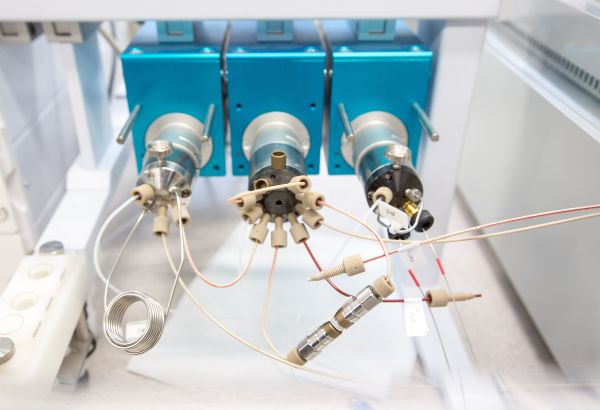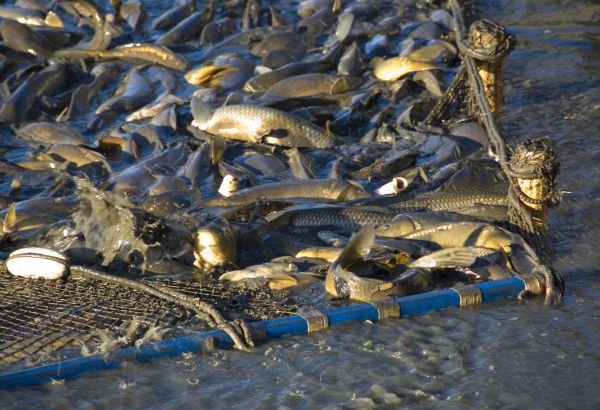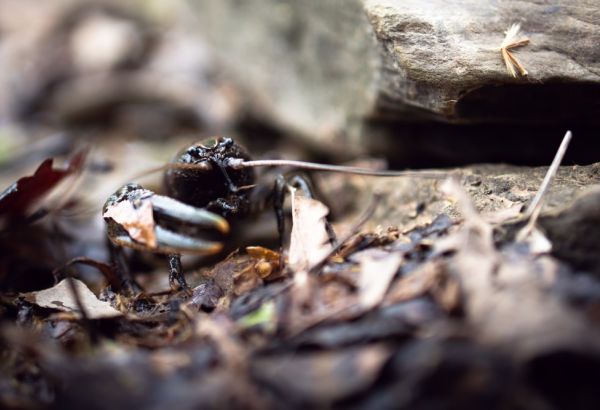
/CENAKVA/
South Bohemian Research Center of Aquaculture and Biodiversity of Hydrocenoses
About
CENAKVA access points
- GenoPHEnix
CENAKVA is an open institution that serves as a unique centre of knowledge, science, services and education in the field of fisheries and water protection. It strives in particular areas of its interest to, see below.
- preserve and expand the acquired knowledge;
- develop scientific, innovation, commercial and social activities;
- enable the acquisition of appropriate professional qualifications;
- develop lifelong learning;
- play an active role in shaping civil society within the addressed field;
- contribute to the development of the field at the national and international level;
- actively cooperate with representatives of state administration, stakeholders and the application sphere;
- to develop international and especially European cooperation on by the means of the open infrastructure principles.
The main mission of the CENAKVA on the scientific map of the Czech Republic and Europe is to share and provide our unique infrastructure to partners in the Czech Republic, Europe and worldwide.
Goals and visions
GOALS
- We have global ambitions - CENAKVA supports the Sustainable Development Goals (SDGs), especially in primary roles, i.e. research and education in the field of fisheries and water protection. CENAKVA perceives its role in the field of science and contributes to the fulfillment of the goals of sustainable development with its research.
- Science and research - publication of results in prestigious journals ranked at WOS as Top 10 resp. Q1; support of applied research with practical and commercial applications - patents, licenses, contracted research; to stimulate future coordinators of European projects;
- Teaching – education of competent professionals, with qualification demanded by the labour market;
- Services and commerce - carry out relevant and targeted contract research across the centre's activities. Further focus shall be put on licensing and utilization of patents.
The short-term and long-term goals of the research infrastructure are anchored through the main (long-term) and partial (short-term) goals of the relevant research directions of the CENAKVA, as defined within research programs (RP). Specific objectives are embeded in the description of individual research programs RP1, RP2, RP3 and RP4:
VISIONS
- Based on the research programs of the center, we dare to comprehensively understand:
- reproductive and genetic practices for the conservation of fish biodiversity and aquaculture;
- the impact of pollutants on the environment and aquatic ecosystems;
- how to maintain sustainable aquaculture in the long term with minimal water consumption, together with a minimum of discharges of waste substances and greenhouse gases into the environment.
- biological processes in changing conditions of freshwater ecosystems.
- As the only research infrastructure of this type and a unique infrastructure in Central Europe, we aim to be a modern open institution, with dynamic development in accordance with the outside world.
- As a well-established infrastructure, we intend to support and develop a creative environment allowing further push of the boundaries of human knowledge. The training of professionals in fisheries and water conservation field will significantly contribute to social impact of CENAKVA activities.
Activities
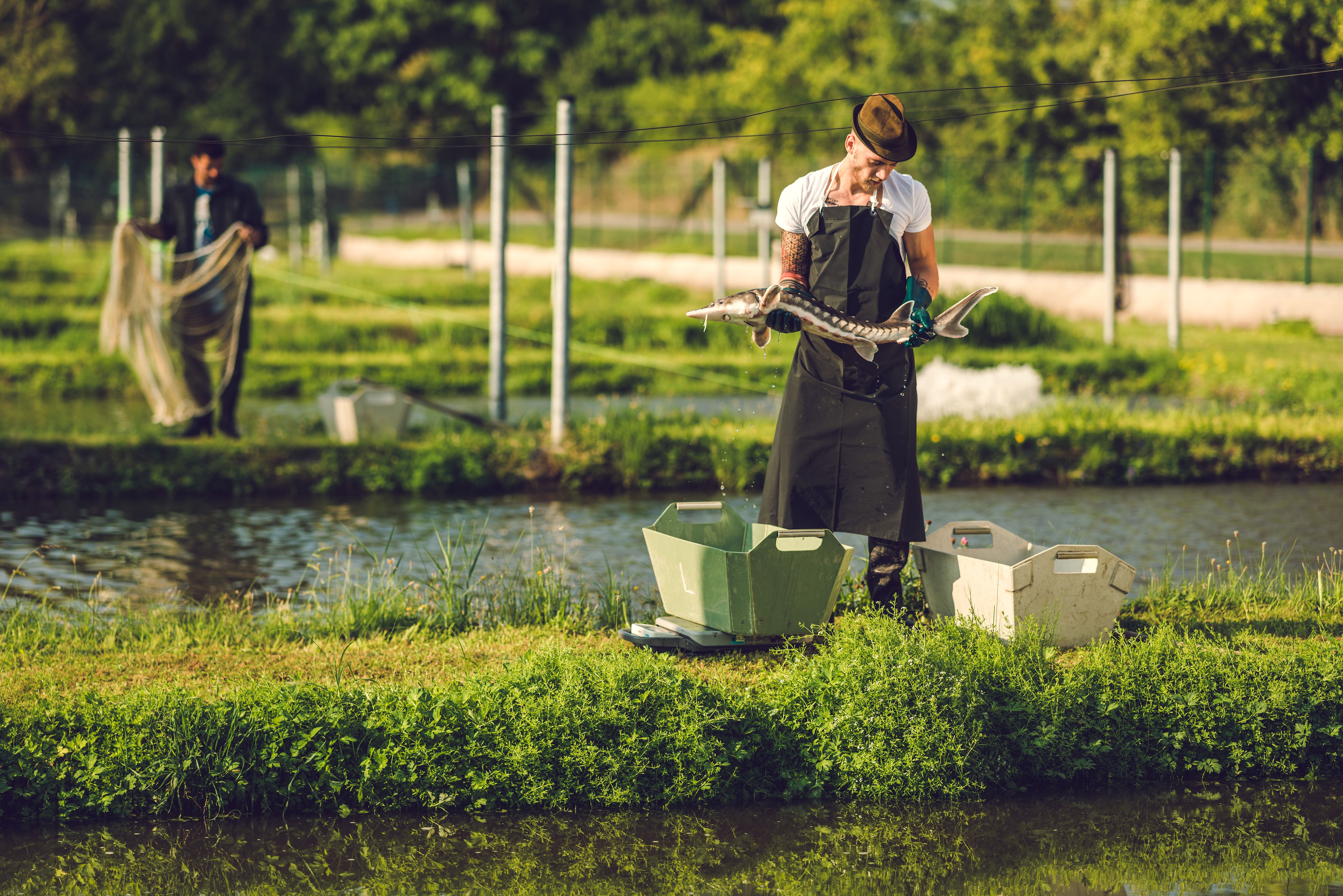
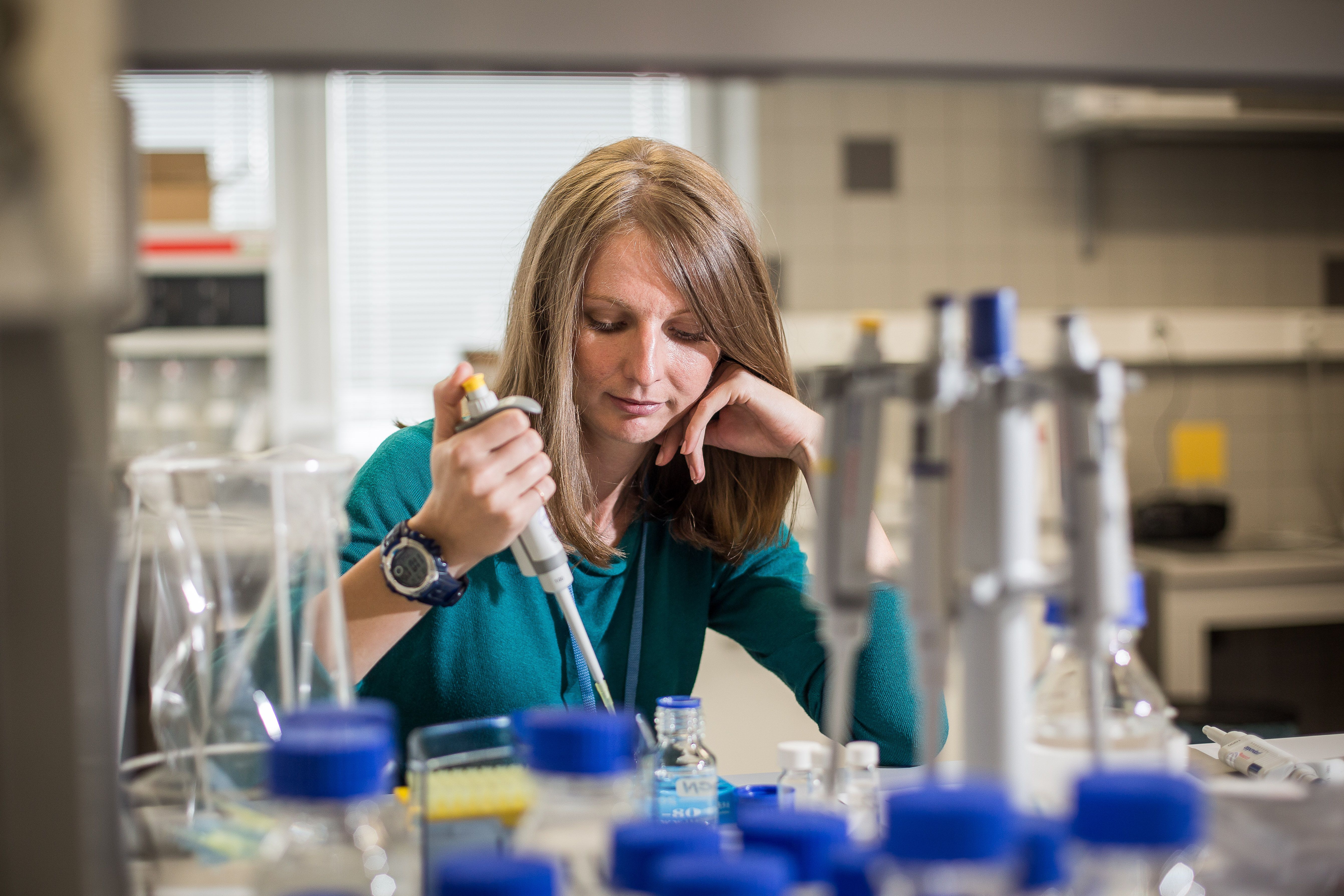
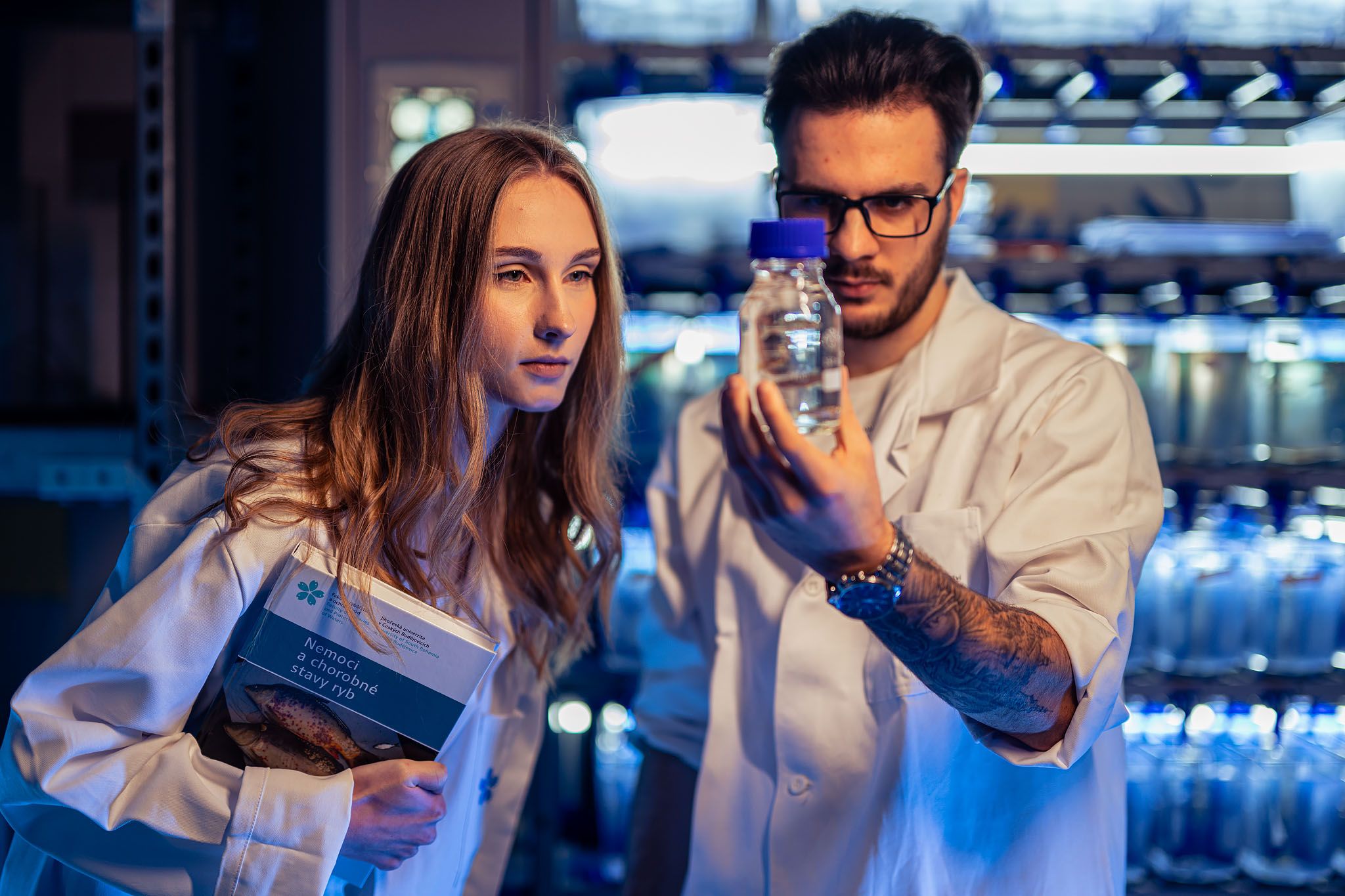
Activities of CENAKVA are solved in cooperation with research centers and organizations in the Czech Republic and Europe, which use our unique background since the establishment of the center. Specifically, the CENAKVA center has conducted contractually agreed cooperation and sharing of infrastructures with large centers in the Czech Republic in 2013-15; for example, with CEITEC, BIOCEV and CzechGlobe and with centers in regions, with the Haná center, ADMIREVET and ALGATECH. Since its establishment, CENAKVA has been interconnected within Europe and by a consortium of 22 research institutes and faculties in Europe, focusing on fisheries and water protection in the network under the name AQUAEXCEL and with our participation in the ESFRI ELIXIR, EMBRC, eLTER and Danubius-RI. The center has created strong international strategic partnerships and has supported a specific commercial activity by licensing and patents in order to achieve efficient innovations. Commercially, the center fullfils indicators of contractual research at the level of about CZK 10 mil. annually in cooperation with partners in the Czech Republic and the EU. It is the part of six research consortia in the framework of EU projects, which are involved in the budget of the center with average of CZK 12 mil. annually.
The CENAKVA belongs among the smallest research centres in size, but it excels in its importance, activity, individuality and ambition. The significance of this infrastructure is well demonstrated by its current position among the other centers, and in particular, clearly quantifiable cost ratio for the establishment/operation vs. achieved outcomes and their quality. The CENAKVA is a leader among centers built in the framework of the Operational Programme Research and Development for Innovation, including in comparison to larger centers with investment costs in the billions of CZK), while investment of CENAKVA was one of the smallest. In the long term, CENAKVA gets high ranking among 45 centers of the Czech Republic by the number of scientific outputs and citations in Web of Science database.
THE EVROPEAN TECHNOLOGICAL UNIQUENESS OF CENAKVA
The main experimental and technological premises of CENAKVA include the Genetic Fisheries Center and the Experimental Fish Culture and the Facility with specialized aquarium and aquaponic technologies. Workplaces together with specialized technologies provides the capability to conduct complex experiments under controlled conditions according to the needs of the research teams’ experimental designs. We manage about 40 hectares of ponds in Vodňany with stocks of 23 species of freshwater fishes of all ages counting about 250,000 specimens (45 t). For example, we maintain 21 breeds, lines and hybrid populations of common carp (Cyprinus carpio), 11 breeds and color varieties of tench (Tinca tinca), two breeds and an albino form of catfish (Silurus glanis). We are proud to have successfully bred 10 species of globally threatened cartilaginous fish, particularly sturgeon in the past years, starting in 2001.
We use a total of 71 own ponds ranging from 0.01 to 12 ha in size and we stock fish in another 50 ha under lease agreements. For intensive aquaculture, we have built 3200 m2 of various fish breeding halls and aquarium rooms with 18 thermally controlled recirculating low-waste systems of nearly 82 m3 capacity. We also possess outdoor or flow-through breeding troughs and pools for seasonal breeding of fish and crayfish with a total volume of 260 m3. We maintain cultures of several non-native crayfish and model fish species.
These unique conditions for monitored and controlled aquaculture are on a similar scale to those which can be found only in Norway and Spain, but with a different focus. Entire infrastructure is further equipped with necessary instrumentation, including state-of-the-art analytical laboratory that fulfils the needs of target research programs.
Development

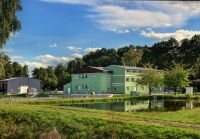
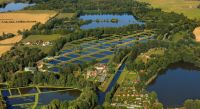
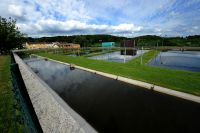
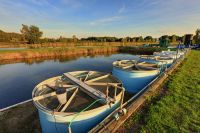
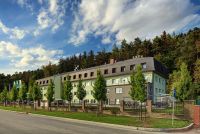
Establishment of the research infrastructure is linked to the beginning of the year 2010 and the start of activities of the South Bohemian Research Center of Aquaculture and Biodiversity of Hydrocenoses (CENAKVA) that was developed with support from the Operational Programme Research and Development for Innovation (CZK 273 mil. – CZ.1.05/2.1.00/01.0024). In the same year, the center was closely integrated within the organizational structure of the University of South Bohemia in České Budějovice (USB), namely the Faculty of Fisheries and Protection of Waters (FFPW USB). During the years 2010 – 2012 the modern infrastructure developed including appropriate equipment and the necessary human resources. The full operation of the newly established research infrastructure began in 2012. The main mission of the CENAKVA is to engage in the highest quality science, research and applications required for development of fisheries, aquaculture and sustainable management of freshwater systems. We were about to initiate the construction and renovation buildings of the center – the main building of the FFPW USB, Genetic Fisheries Center, Experimental Fish Culture Facility incl. trough rearing). In 2013, full utilization of the infrastructural capacity was attained – full operation of the R&D instrumentation, newly created jobs, accreditation of laboratories etc. In the year 2014, the research infrastructure received support from the state budget, specifically from the the National Sustainability Programme (NPU I) with a total of about CZK 124 millions for the fulfillment of defined objectives – to comprehensively understand the ongoing processes in freshwater ecosystems and their societal importance with the respect to conservation of biodiversity and protection of water environment, but also the protection of water resources for life and human activities.
At the moment, CENAKVA is already perceived as a unique structure in Europe, having excellent scientists, academics, post-docs, students, administrators and technicians. The center flexibly responds to the societal changes in science, scientific content and applications through its human resources. In the context of the international dimension the research infrastructure appointed advisory bodies in the year 2015 (also, completing the first international evaluation) – The International Scientific Advisory Board of the FFPW USB and CENAKVA (SAB) and the Control Board of CENAKVA. By January 1 2017, 166 emplees were involved in CENAKVA. On the basis of the recommendations of the International Scientific Board of Faculty and CENAKVA, and in connection with the end of the National Sustainability Program I (NPU I) in 2018, 4 new research programs were prepared to be resolved by CENAKVA. The new CENAKVA research programs were implemented in 2017 in the structure of the faculty. CENAKVA successfully undergone international evaluation in 2018 and was placed on the Roadmap of large research infrastructures of the Czech Republic, with open access funding from 2019.

